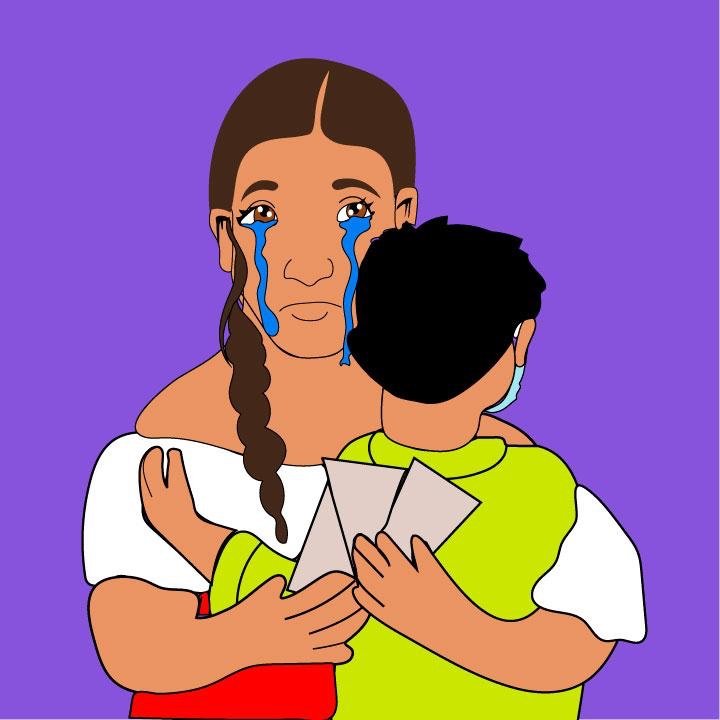By Althea Champion
The Trump Administration recently announced a new eviction moratorium, which took effect Sept. 4th and will last until the end of December. The Center for Disease Control and Prevention put forward the order, which is meant to prevent the spread of COVID-19. However, rent will be due when the moratorium expires at the end of the year.
The order is expected to go much further than its predecessor, the eviction ban classified under the CARES act, which protected 12 million tenants in qualifying properties and expired July 24th. The new moratorium is expected to protect all tenants who do not expect to earn more than $99,000 this year or face other financial limitations, and prove they are eligible.
This protection is meant to prevent a devastating wave of homelessness, that of which will likely spread the virus, worsening an already dire situation in the U.S.
Tenants breathed a huge sigh of relief as the news broke. According to a survey conducted by the National Housing Law Project, 85% of respondents expected a dramatic surge in eviction cases once the moratoria expired. However, the bills of tenants are not evaporating. Rather, they are starting a tab kept by their landlords.
“This Order is a temporary eviction moratorium to prevent the further spread of COVID-19,” the order reads. “This Order does not relieve any individual of any obligation to pay rent, make a housing payment, or comply with any other obligation that the individual may have under a tenancy, lease, or similar contract.”
Rather, it simply does not allow a landlord or owner of a property to evict tenants from their homes during the four month period it is active.
Tenants need to apply as soon as possible.
“To apply for the new moratorium, tenants will have to attest to a substantial loss of household income, the inability to pay full rent and best efforts to pay partial rent,” reports Matthew Goldstein of the New York Times. “Tenants must also stipulate that eviction would be likely to leave them homeless or force them to live with others at close quarters.”
This moratorium does not offer financial assistance. Instead, renters and landlords will take on the debt as they continue living in and renting their homes.
“The eviction moratorium the CDC enacted works from a health point of view, but it dodges the fundamental question, which is, how are we ultimately going to pay for this?” said Doug Quattrochi, a small landlord from Mass. on PBS NewsHour. “Just putting temporary band-aids on isn’t going to work when we knew, at the start of this, we were gonna need stitches.”






